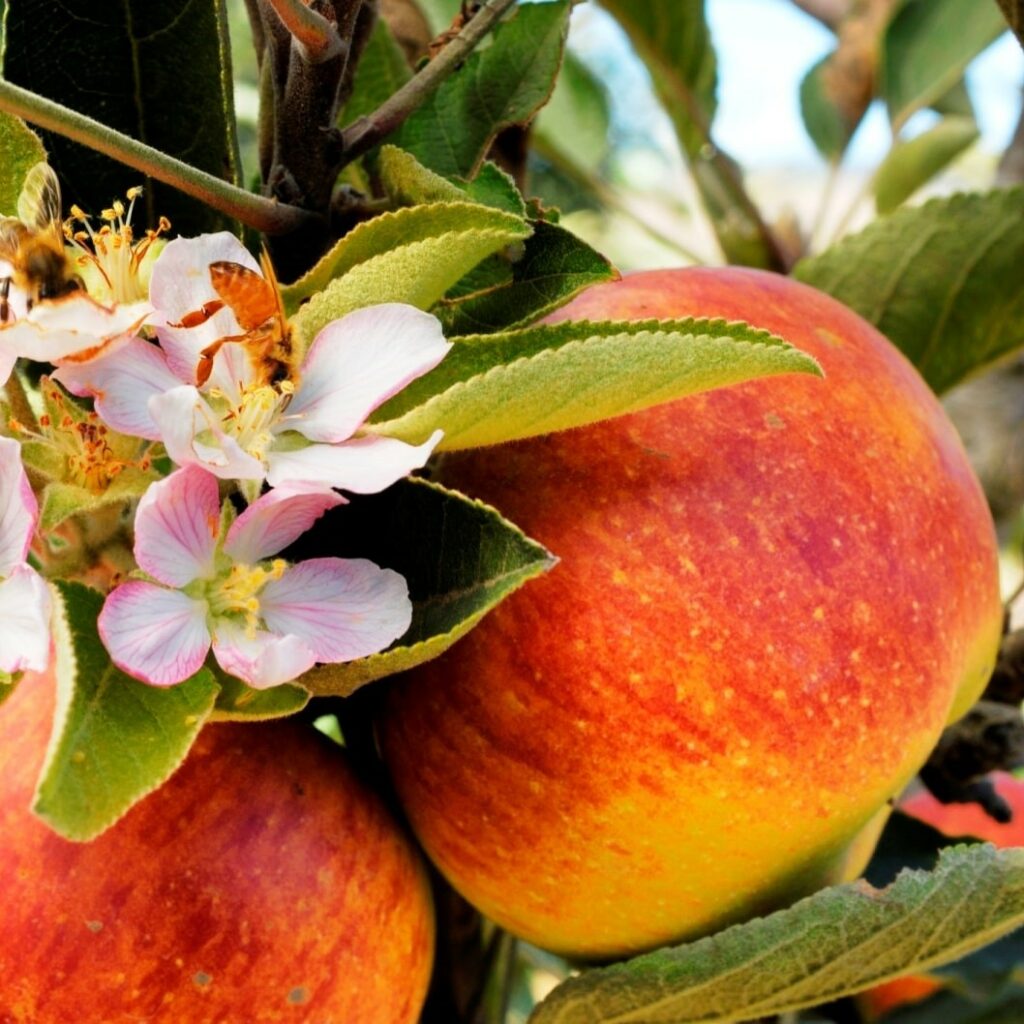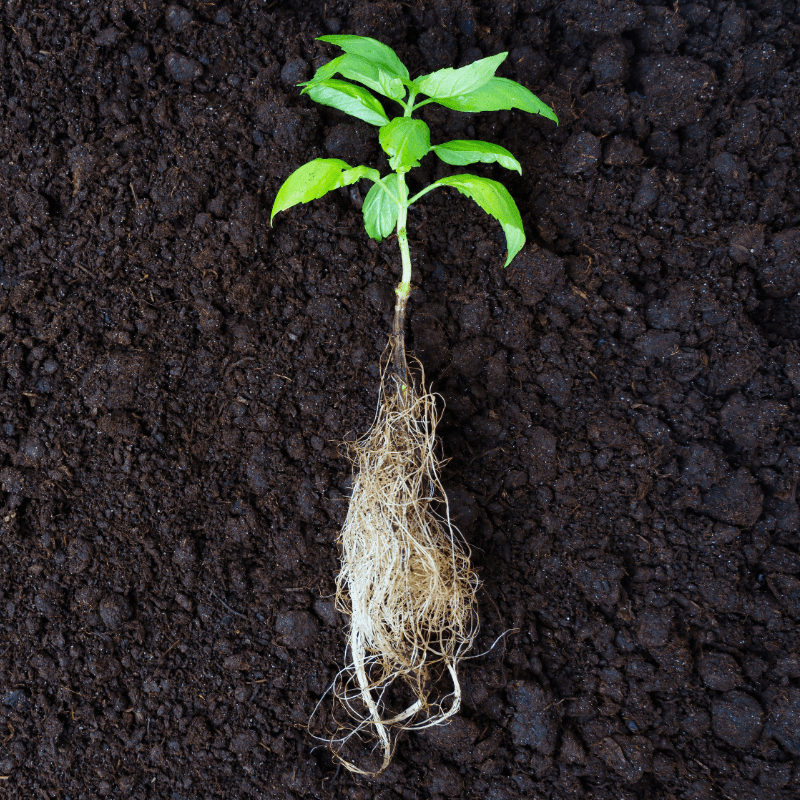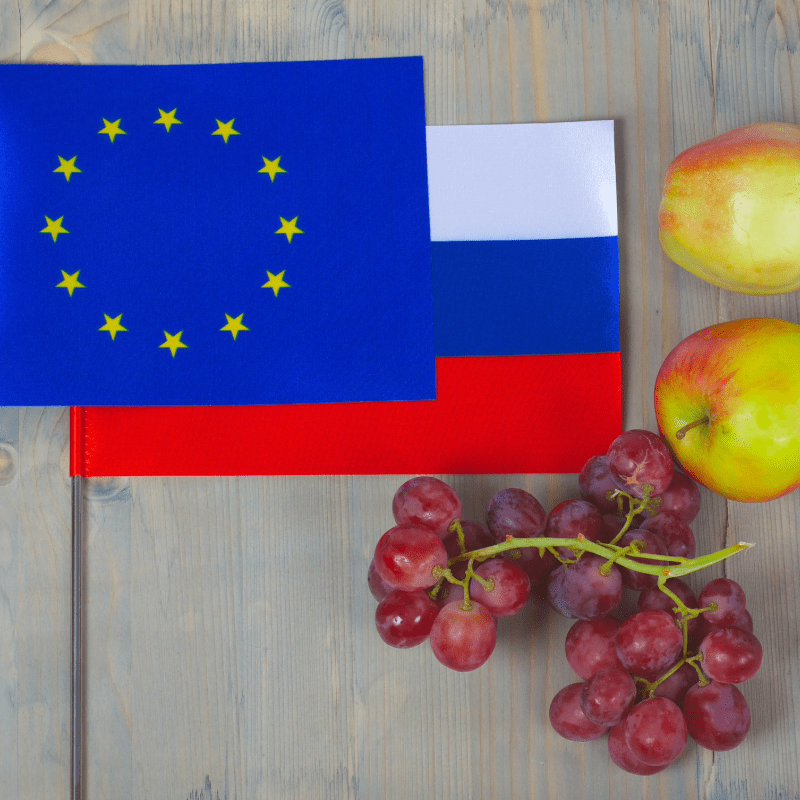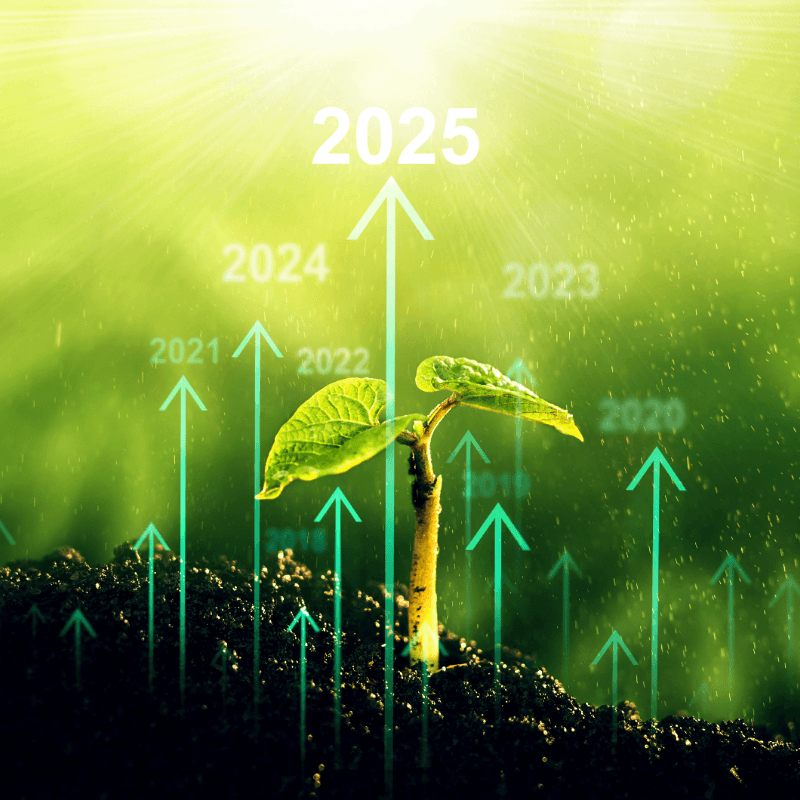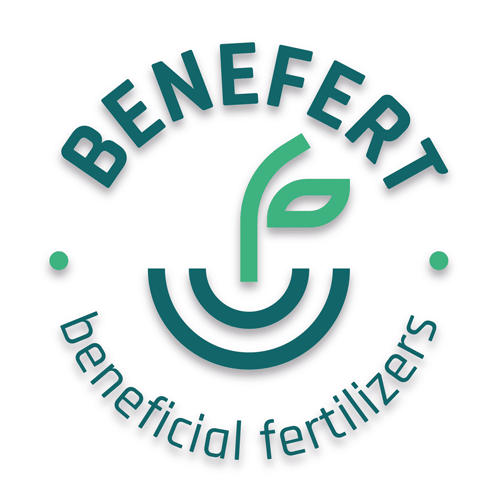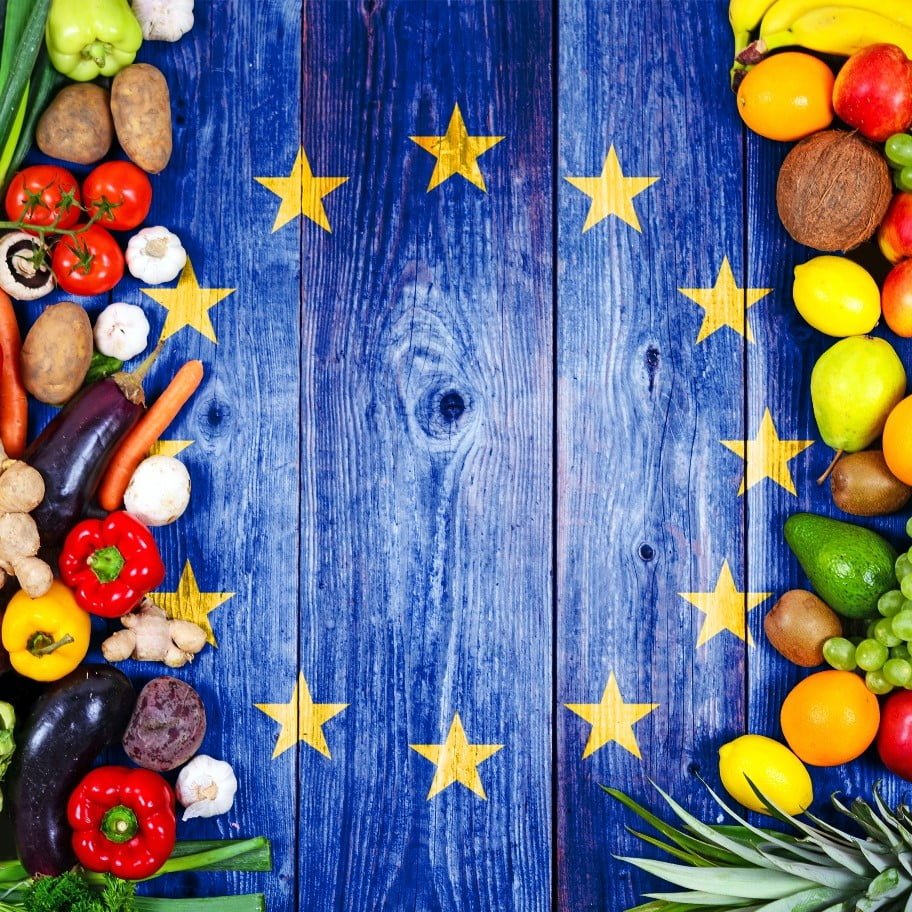
EUROPEAN COMMISSION INVESTS BILLIONS IN ORGANIC FARMING
More advertising for organic food and more money for organic farming. These are the most important measures with which the European Commission (EC) wants to stimulate organic farming in Europe in the coming years.
One of the main objectives is that in 2030 a quarter of the agricultural land in the European Union must be organic. Now this is still 8.5 percent. The Netherlands is far below that with 3.7 percent, one of the lowest percentages in the EU. In order to achieve this goal, the Commission mainly wants to increase the demand for organic products.
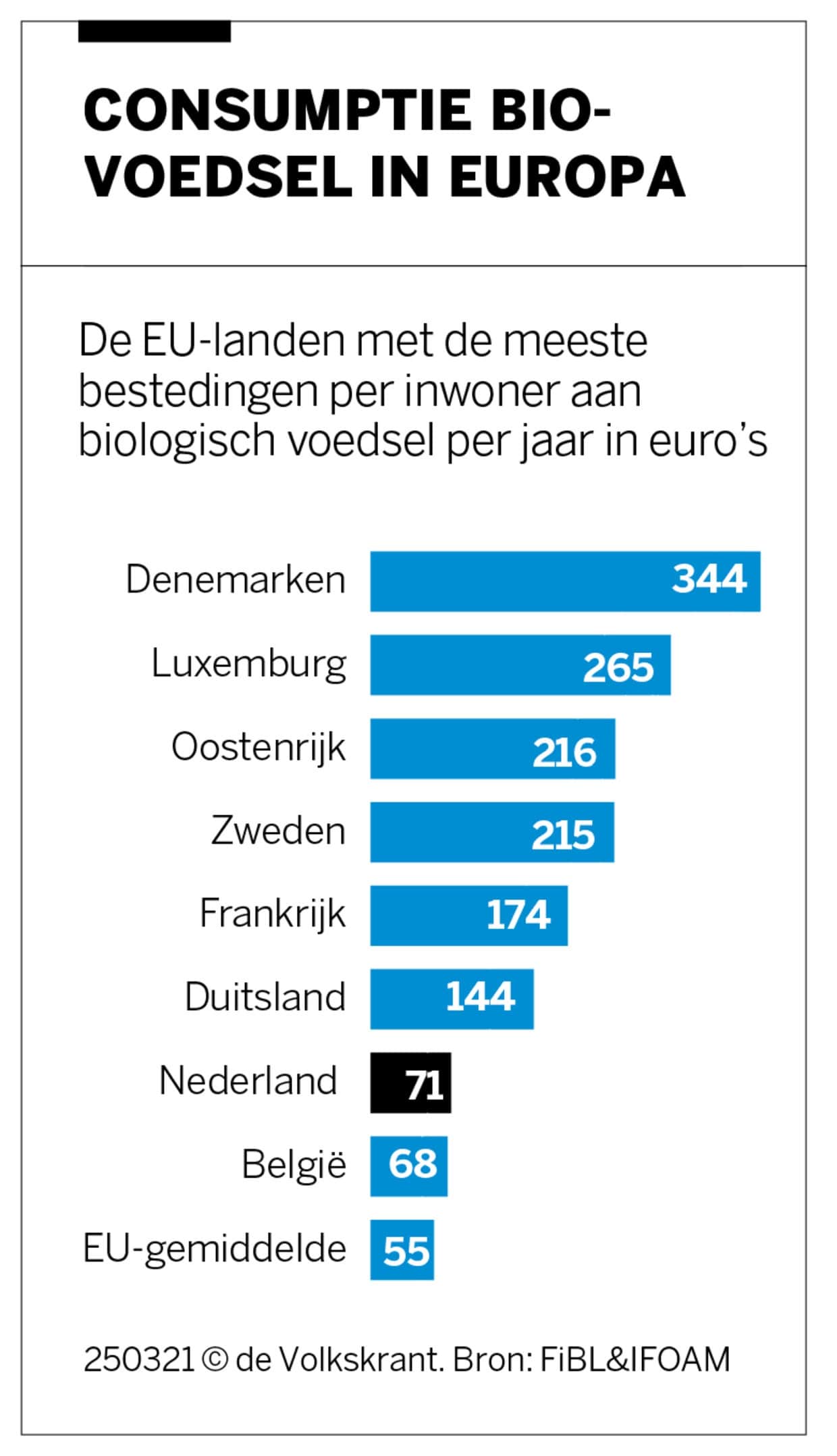
To help farmers convert to organic farming, the Commission wants to set aside billions of extra euros. From 2023 till 2027, between EUR 38 billion and EUR 58 billion will be set aside for environmental programs, one of the aims of which is to promote organic farming. Organic farming in EU agriculture has grown from 8.3 million hectares in 2009 to 13.8 million in 2019.
Organic land has 30% more biodiversity than conventional land. Organic farmers do not use chemical fertilizers and chemical pesticides. Organically raised animals have a better life than their counterparts in conventional farming.
By not using chemical fertilizers and chemical pesticides, the yield will probably be lower. This can be remedied by using organic fertilizers. Benefert supplies organic fertilizers and can advise you.
Sources: Volkskrant, FiBL, IFOAM

